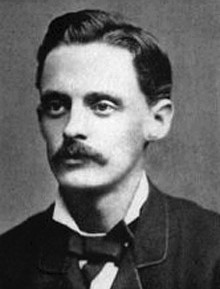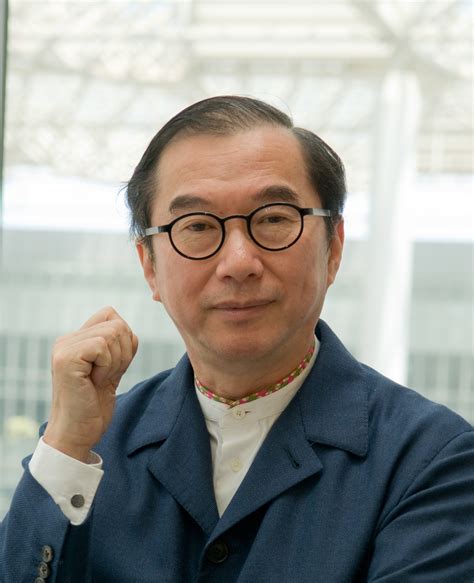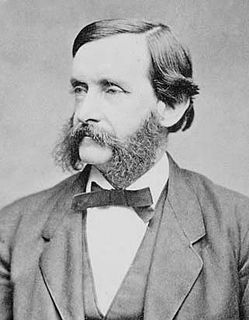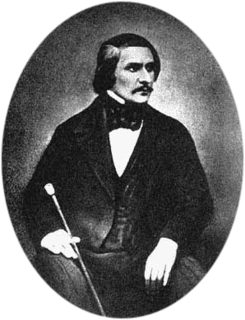A Quote by Samuel Johnson
Many causes may vitiate a writer's judgement of his own works. On that which has cost him much labour he sets a high value, because he is unwilling to think that he has been diligent in vain: what has been produced without toilsome efforts is considered with delight as a proof of vigorous faculties and fertile invention; and the last work, whatever it be, has necessarily most of the grace of novelty.
Related Quotes
Criticism is a study by which men grow important and formidable at very small expense. The power of invention has been conferred by nature upon few, and the labour of learning those sciences which may, by mere labour, be obtained, is too great to be willingly endured; but every man can exert some judgment as he has upon the works of others; and he whom nature has made weak, and idleness keeps ignorant, may yet support his vanity by the name of critic.
The so-called ‘crank’ may be quite original in his ideas. … Invention, however, in the engineering sense involves originality; but not that alone, if the results are to be of value. There is imagination more or less fertile, but with it a knowledge of what has been done before, carried perhaps by the memory, together with a sense of the present or prospective needs in art or industry. Necessity is not always the mother of invention. It may be prevision.
And, inasmuch [as] most good things are produced by labour, it follows that all such things of right belong to those whose labour has produced them. But it has so happened in all ages of the world, that some have laboured, and others have, without labour, enjoyed a large proportion of the fruits. This is wrong, and should not continue. To [secure] to each labourer the whole product of his labour, or as nearly as possible, is a most worthy object of any good government.
Many biblical passages teach that we're not saved by our own efforts but by the grace of God alone. But the same passages also tell us good works are an essential evidence of the salvation experience. We're not saved by good works, but for good works. It begins with God's grace, and it's sustained by his grace as you shape your character by what you do as you cross the bridge.
Every individual is continually exerting himself to find out the most advantageous employment for whatever capital he can command. It is his own advantage, indeed, and not that of the society which he has in view. But the study of his own advantage naturally, or rather necessarily, leads him to prefer that employment which is most advantageous to society... He intends only his own gain, and he is in this, as in many other cases, led by an invisible hand to promote an end which was not part of his intention
Even the most incorrigible maverick has to be born somewhere. He may leave the group that produced him-he may be forced to-but nothing will efface his origins, the marks of which he carries with him everywhere. I think it is important to know this and even find it a matter for rejoicing, as the strongest people do, regardless of their station. On this acceptance, literally, the life of a writer depends.



































